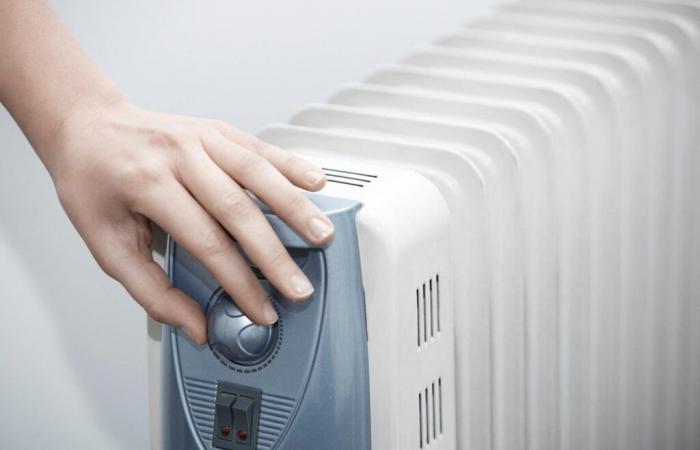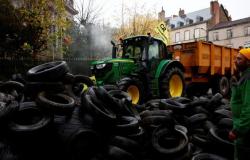
Dn its 2025 budget proposal, the government plans to end the automatic sending of energy checks. This aid is intended for households experiencing fuel poverty. To receive it, you will now have to register on an online platform and send several administrative documents.
If it is only the new beneficiaries who are concerned, this change still poses a social problem, as highlighted on October 17 in a column at the Monde Christophe Robert, general delegate of the Abbé Pierre Foundation. The energy check is distributed every year to six million households, based on social criteria. This boost often helps pay several months of bills.
However, the energy check is not ambitious enough. Its amount is too low, with an average of 150 euros per year per household. The government spends around 700 million euros per year on the energy check. In comparison, the national carbon tax (called the “climate-energy contribution”) brings in around 10 billion euros per year, or fourteen times more. The “climate-energy contribution” is mainly paid by individuals and small businesses.
Supporting families
This is not the only problem with the energy check. A report from the Court of Auditors indicates that its targeting is not precise enough. Half of the beneficiary households are not in a situation of fuel poverty. And, of those who are, a quarter do not receive it.
Read also | Article reserved for our subscribers Energy poverty, a persistent scourge in France
Read later
Faced with rising energy prices, we believe it is essential to support families. But we can do better than the energy check. A more effective means of redistribution is essential. This is why we are calling for the establishment of a “carbon income” in France.
Carbon income consists of redistributing carbon pricing revenue directly to citizens. It would take the form of an automatic, quarterly payment by bank transfer. The issue of targeting is resolved, since all households would receive it automatically. The question of the amount as well, since it is mechanically linked to carbon pricing revenues. Studies have shown that with such a system in France, seven out of ten families would be net beneficiaries, the vast majority of whom are low- and middle-income families.
Read also | Article reserved for our subscribers “We support the distribution of a “climate payment” for each French household”
Read later
This is not an idle idea: a similar redistribution system is already in place in Canada, Switzerland, Austria, and soon in Germany under the name Climate change allowanceliterally “climate money”.
You have 61.1% of this article left to read. The rest is reserved for subscribers.





